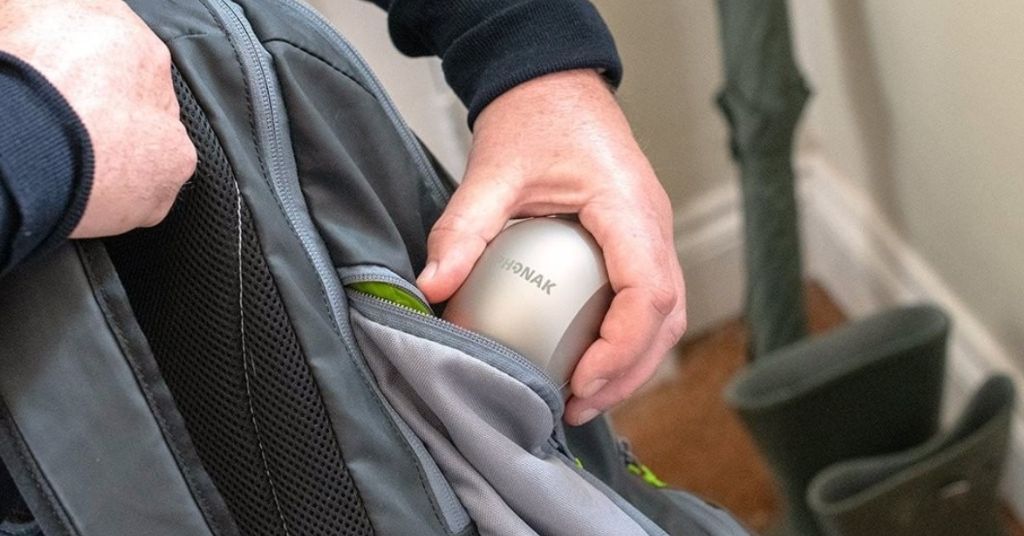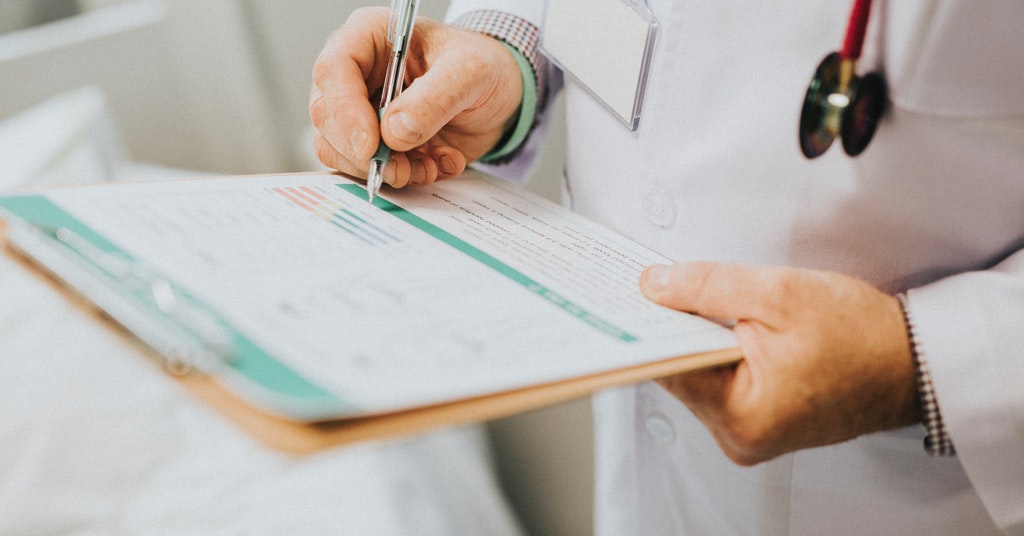
Starbucks sign language and deaf Oscars
February 26, 2016
Cochlear Implants: The Big ‘Switch On’
February 29, 2016Ask Anna: What do I do if my hearing aids get wet?

Ask Anna is a weekly advice column for the hearing loss community.
Dear Anna: I wear hearing aids and are usually very careful with them, but I was on vacation with my family and I laid my hearing aids on my towel while swimming in the hotel pool. Well, while I was in the pool, my little brother grabbed my towel off the lounge chair and my hearing aids went flying into the water! What do I do now that my hearing aids wet? – Soaked in San Diego
Dear Soaked,
Did you manage to retrieve the hearing aids relatively quickly or were your hearing aids in the water for a long time? Most hearing aids can survive up to around 30 minutes in water, so if you rescued them, the first thing to do is to dry them out as quickly as possible.
The best way to dry your hearing aids is to:
- Remove any surface water with a soft dry cloth
- Take out the battery and check inside the battery door for surface water
- Leave the hearing aids in a warm dry place, such as an airing cupboard or a shelf above a radiator (do not place directly on a heat source) to dry out for about an hour. *Never try to dry out a hearing aid by placing the hearing aid in a microwave this will cause irreversible damage to your hearing aid!
- Insert a fresh battery
- You should be good to go!
Phonak Tip: Phonak hearing aids have an IP67 rating. (IP is the Ingress Protection or International Protection rating system, which is a classification system showing the degrees of protection from solid objects and liquids.) The first number 6 is the level of dust protection which is dust proof. The second number, 7 is the level of water or moisture protection. This means it is water resistant to a level that it could withstand up to 30 min in 3 feet of water before it must go into the company for repair due to water damage.
In general, it’s best to remove your hearing aid from your ear before showering, bathing or swimming. (And make sure to keep them in a safe place when they aren’t in your ears!) Moisture and condensation can damage the electronics in your hearing aid. We recommend that you remove the battery from the hearing aid at night and to leave the battery compartment open. You can also use special drying systems that are available from your hearing care professional.
If your hearing aids do not work, take them to your audiologist or hearing care professional and discuss with them what happened.
Do you have a question for Anna? Email: feedback@hearinglikeme.com
The information provided through this website should not be used for diagnosing or treating a health problem or disease. It is not a substitute for professional care. If you have or suspect you may have a health problem, you should consult your health care provider. Never disregard professional medical advice or delay in seeking it because of something you have read on the Hearing Like Me website. If you think you may have a medical emergency, call your doctor or emergency medical services immediately.
- Author Details




